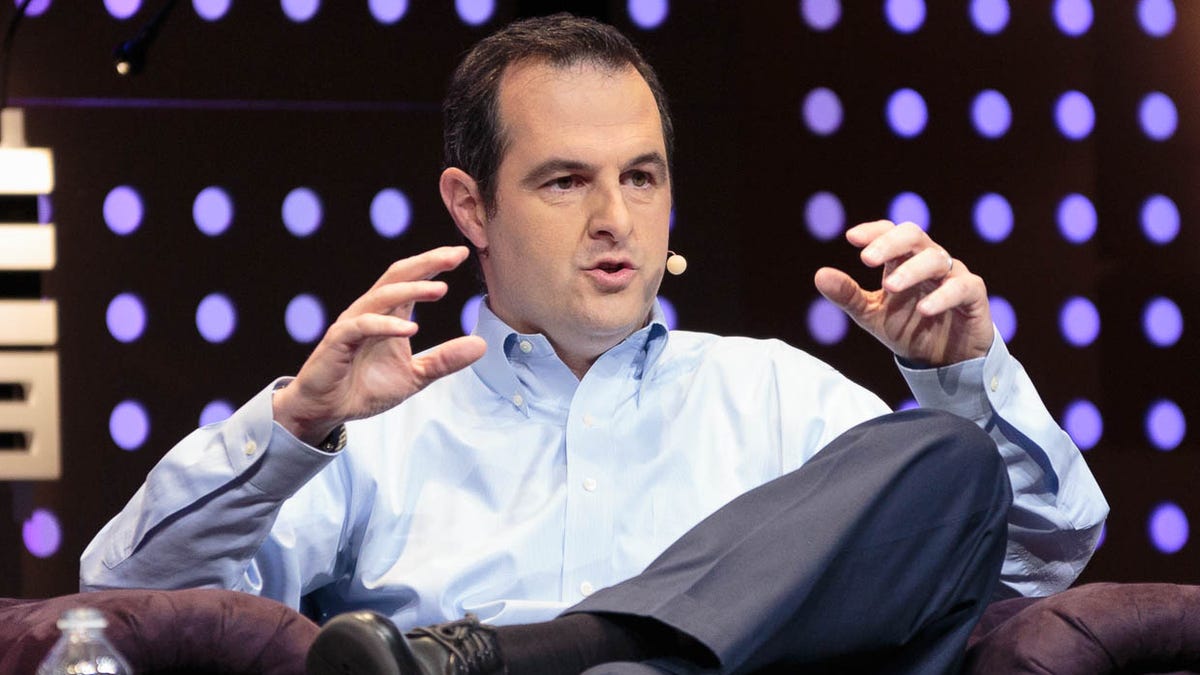Lending Club expands online loan service to businesses
The peer-to-peer lending startup had connected borrowers and sellers for personal loans up to $35,000, but now it's catering to small businesses with $100,000 loans.

Moving beyond personal lending services with a $35,000 limit, peer-to-peer loan site Lending Club has expanded to small-business customers looking to borrow between $15,000 and $100,000.
Chief Executive Renaud Laplanche promised Lending Club's business-loan move in December. It's a major move for the company but likely not the last, since Laplanche also plans to expand into home mortgages, student loans, and other areas.
"Bigger businesses can get large loans from banks, but smaller businesses are not well served by existing banking products from traditional banks," Laplanche said in a statement Thursday. "We believe our technology-driven solution can bring costs down and make credit more available and more affordable to small businesses in America."
Interest rates for the 1- to 5-year loans start at 5.9 percent. Later, the service will expand to $300,000 loans, the company said.
Lending Club isn't a bank that lends money but rather an Internet service that connects borrowers with people who are willing to lend them money. The borrowers -- today mostly people refinancing credit card debt -- get a loan at lower interest rates, and lenders get a better return than they do with money in a savings account. Lending Club, of course, takes a percentage of the returns.
It's a model that has grown well for Lending Club and a number of smaller rivals, in part because it facilitates others' loans without exposing itself to banking risks like overleveraging assets -- in other words, lending out too much money based on how much investors have saved.
Lending Club's business has steadily expanded, with the company having arranged $3.9 billion in loans so far.
It's got a number of competitors, including Prosper.com in the US, Auxmoney in Germany, Funding Circle in the UK, and SocietyOne in Australia. And in the US, others are moving already into the same markets Lending Club wants to reach, such as SoMoLend for the small-business loans and CommonBond for student loans.
Though Laplanche's prediction of business-oriented loans came true, so far there's been no evidence that his prediction of a Lending Club IPO by June 2014 will prove accurate.

